Highlighting a ‘Forgotten’ Perspective on the First World War: German POWs in Japan and the Bandō-Sammlung
Gastbeitrag von Prof. Sarah Panzer The staggering quantity of literature on the First World War can give rise to the mistaken impression that scholars have already said all that there is to say on the topic, especially in the wake of the many fine publications which emerged out of the centenary commemorations of the conflict. […]

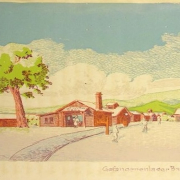
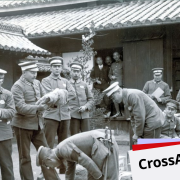 Staatsbibliothek zu Berlin – PK, Bandō-Sammlung, Depositum des Deutschen Instituts für Japanstudien, Signatur H 52
Staatsbibliothek zu Berlin – PK, Bandō-Sammlung, Depositum des Deutschen Instituts für Japanstudien, Signatur H 52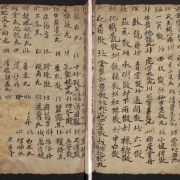 Public Domain
Public Domain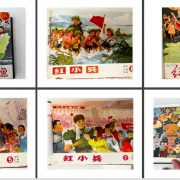 Foto: Sanjiao Tang
Foto: Sanjiao Tang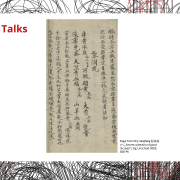
![Image 1: “Complete Map of the Barbarians in the Four Directions“. - In: Zhang Tianfu 張天復 (d. 1578), “Si yi zongtu” 四夷總圖, in Guang huang yu kao 廣皇輿考, juan 18. - Retrieved from https://id.lib.harvard.edu/alma/990077608260203941/catalog [18.01.2024] (n.p.: Zhang Rumao, 1626), original held by Harvard University. - The book can also be found in the SBB in Siku jinhuishu congkan 四庫禁燬書叢刊 (Beijing: Beijing chubanshe, 2000), “Shibu” 史部, vol. 17, p. 350, SBB-PK: 5 B 33312 17](https://blog.sbb.berlin/wp-content/uploads/Chin.Buecher-Henschel-Blog-1-180x180.jpg) http://nrs.harvard.edu/urn-3:hul.ois:hlviewerterms
http://nrs.harvard.edu/urn-3:hul.ois:hlviewerterms